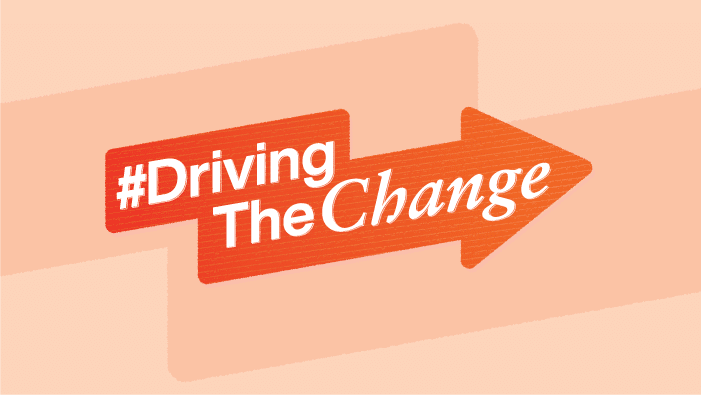Listen to this blog
In the ever-evolving landscape of commerce, one paradigm has emerged as a game-changer: the subscription economy. This transformative model has redefined the way businesses interact with consumers, offering convenience, flexibility, and value like never before. In this blog, we’ll delve into the intricacies of the subscription economy, its impact on traditional commerce, real-world applications, and its evolving nature.
What is subscription economy?
The subscription economy revolves around providing goods or services to customers regularly, typically through subscription-based models. The options are diverse and abundant, from streaming services like Netflix and Spotify to software solutions like Adobe Creative Cloud and Microsoft Office 365. Beyond digital offerings, subscription models have expanded into physical goods such as meal kits from HelloFresh and beauty boxes from Birchbox. What sets this model apart is its focus on building long-term customer relationships rather than one-off transactions.

Image source: AI-Generated
You may like to know some e-commerce trends & strategies.
The benefits of subscription commerce
Listed below some of the advantages of subscription economy.
- Predictable revenue streams: For businesses, subscription models offer predictable revenue streams, enabling better financial planning and stability.
- Enhanced customer loyalty: By fostering ongoing engagement and personalised experiences, subscriptions cultivate strong customer loyalty and retention.
- Data-driven insights: Subscription businesses can access valuable data regarding customer preferences, behaviour patterns, and consumption habits, empowering them to tailor offerings and marketing strategies accordingly.
- Scalability and growth: The scalability of subscription models allows businesses to expand their customer base and offerings more efficiently, driving sustainable growth.
Read more: Top jobs in e-commerce
Impact of subscription economy on traditional commerce
The rise of the subscription economy has had profound implications for traditional commerce models:
- Shift in consumer behavior: Consumers increasingly prefer the convenience and flexibility offered by subscriptions, leading to a decline in traditional retail purchases.
- Disruption of industries: Traditional publishing, entertainment, and retail industries have faced disruption as subscription-based alternatives gain momentum.
- Adaptation and innovation: To stay competitive, traditional businesses must adapt their offerings, embrace subscription models, or risk being left behind.
- Evolution of business strategies: Companies are reimagining their business strategies, focusing on recurring revenue streams, customer-centric approaches, and digital transformations.
You may be interested in knowing an MBAs role in creative economy.
Real-world application of subscription economy and evolution
The subscription economy is not just a concept; it’s a reality reshaping industries worldwide. Consider the rise of subscription boxes, where companies curate personalised products and experiences for subscribers based on their preferences. For example, Stitch Fix revolutionised the fashion industry by regularly offering personalised clothing selections delivered to customers’ doorsteps. Similarly, Peloton disrupted the fitness industry with its subscription-based model, providing access to live and on-demand workout classes and equipment.
Moreover, the subscription economy is evolving beyond traditional sectors. Industries such as healthcare, automotive, and agriculture are exploring subscription-based models to deliver services and products more efficiently and sustainably. For instance, companies like Care/of offer personalised vitamin subscriptions tailored to individual health needs, while Ford recently introduced a subscription service for vehicle maintenance and upgrades.
As technology advances and consumer expectations evolve, the subscription economy will only gain momentum. From artificial intelligence-driven personalization to blockchain-based subscription management, innovations will further enhance the subscription experience and open new avenues for businesses to thrive.
Here are the career options in in economics
Conclusion
In conclusion, the subscription economy represents a paradigm shift in commerce, reshaping how businesses engage with customers and generate revenue. With real-world applications spanning diverse industries and ongoing evolution driven by innovation, embracing this model is not just a choice but a necessity for businesses aiming to stay ahead in an increasingly subscription-driven world.
Prepare for your next career milestone with us

















